Prayer is essential to disciple-making. God is the one who is sending laborers, empowering us to witness, and drawing people to Jesus. However, we are all called to witness when the Holy Spirit empowers us to do so (Acts 1:8). A witness tells about their experience. You don't have to be an expert; you just have to have met Jesus. In preparation for the power of the Spirit, I encourage you to know your Jesus story and know the gospel. This video teaches you how to prepare your Jesus story with three parts.
Rational Belief
Following Jesus should never involve a blind leap of faith.
The idea that faith should be blind is false. Due to an array of causes, some have falsely promoted an idea that religious belief somehow requires the suspension of logic. The indication seems to be that religious matters are outside the scope of rational and scientific thought and are therefore false.
First of all, the idea that matters of faith do not intersect science and rationality is a false premise leading to a false conclusion. However, the idea that something is false simply because it cannot be tested scientifically is itself a false assumption. It is akin to saying, “Since I have never seen a virus it doesn't exist.” The limitation of knowledge is not an indication of existence beyond knowledge's limits.
Without giving you the whole back story, much of this thinking came as a result of an array of philosophers who subscribed to Isaac Newton's view that the universe was a vast machine of cause and effect that could not be influenced by anything outside of itself. This erroneously ruled out the miraculous work of God and led to a few of theology that puts the human subject at the center of knowledge, rather than viewing God as the source of knowledge about Himself. This view led to many arguments against God's existence, as well as to a vast array of liberal theology that denies the essentials of faith listed in the last chapter.
Newton's mechanistic view of the universe has since been supplanted by Albert Einstein's theory of relativity, which aligns quite well with the Christ-centered worldview that sees God as the revealer of truth. While the truth of God stands regardless of trends in the sciences, it is nice to see the realm of physics start to catch up a bit with what God has shown us in His Word.
7 Books to Help You Decide on Jesus
Books about jesus
Following Jesus is a journey. Before you Trust Jesus, you may have questions about Him. Here are seven books to help you on your journey:
The Gospel of John. The bible has four comprehensive accounts of Jesus' life. Known as "the Gospels," (Matthew, Mark, Luke, and John) they each address Christ's life with a different focus. John's Gospel was written for a global audience and spread quickly throughout the known world in the First Century. Lot's of people start here, though all of the gospels are helpful.
The Case for Christ by Lee Strobel. This book was written by an atheist journalist who set out to disprove Christianity, but ended up believing in Jesus. The book provides a compelling argument for faith in Christ. While the book is very logical, it is also easy to read. You don't have to be a professor to follow this one, but your mind will be stretched nonetheless.
By This Name by John R. Cross. There are a lot of different religions and a lot of different views of God. Cross looks into various religions, addressing why Jesus is unique, and providing an argument as to why Jesus is the Truth. Whether you are an agnostic, pluralist, or just have questions, this book will be helpful.
Stranger on the Road the Emmaus by John R. Cross. This book is written for people who have had some experience with Christianity but have questions about what it all means. Cross uses the Gospel of John as a template to explain historical backgrounds and help you understand who Jesus really is. This is a good book to read in conjunction with the Gospel of John.
Mere Christianity by C.S. Lewis. Written by one of the greatest thinkers in Christian History, this book is both beautiful and insightful. Lewis approaches the Christian faith from a philosophical viewpoint, giving a rational argument for every major aspect of the Christian faith. His argument for God's existence based on human morality is quite compelling.
The Historical Jesus by Gary Habermas. This book is written for scholars. It addresses the historical evidence for Jesus Christ, and establishes the New Testament's account of Jesus as the most reliable documentation of any First Century person. This book as well as other books by Habermas is valuable for the thinker who wants to dig deeper into the evidence for Jesus.
Questions of Life by Nicky Gumble. This book is essentially the Alpha Course in written form. Gumble's approach is both conversational and rational. Each section answers a question, making this one of the simplest and possibly the best books on the subject. Of course, I recommend signing up for the Alpha Course, so that you get the full experience. The course is offered all over the world.
Ultimately, my hope is that you Trust Jesus. That only happens as He reveals Himself to you. However, books and evidence can help along the way. Are there other books that have been helpful to your process?










